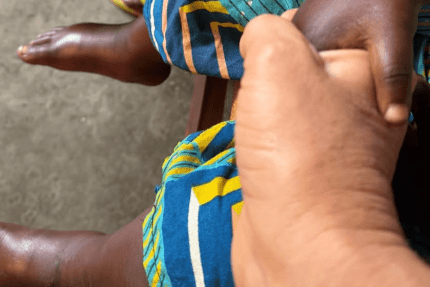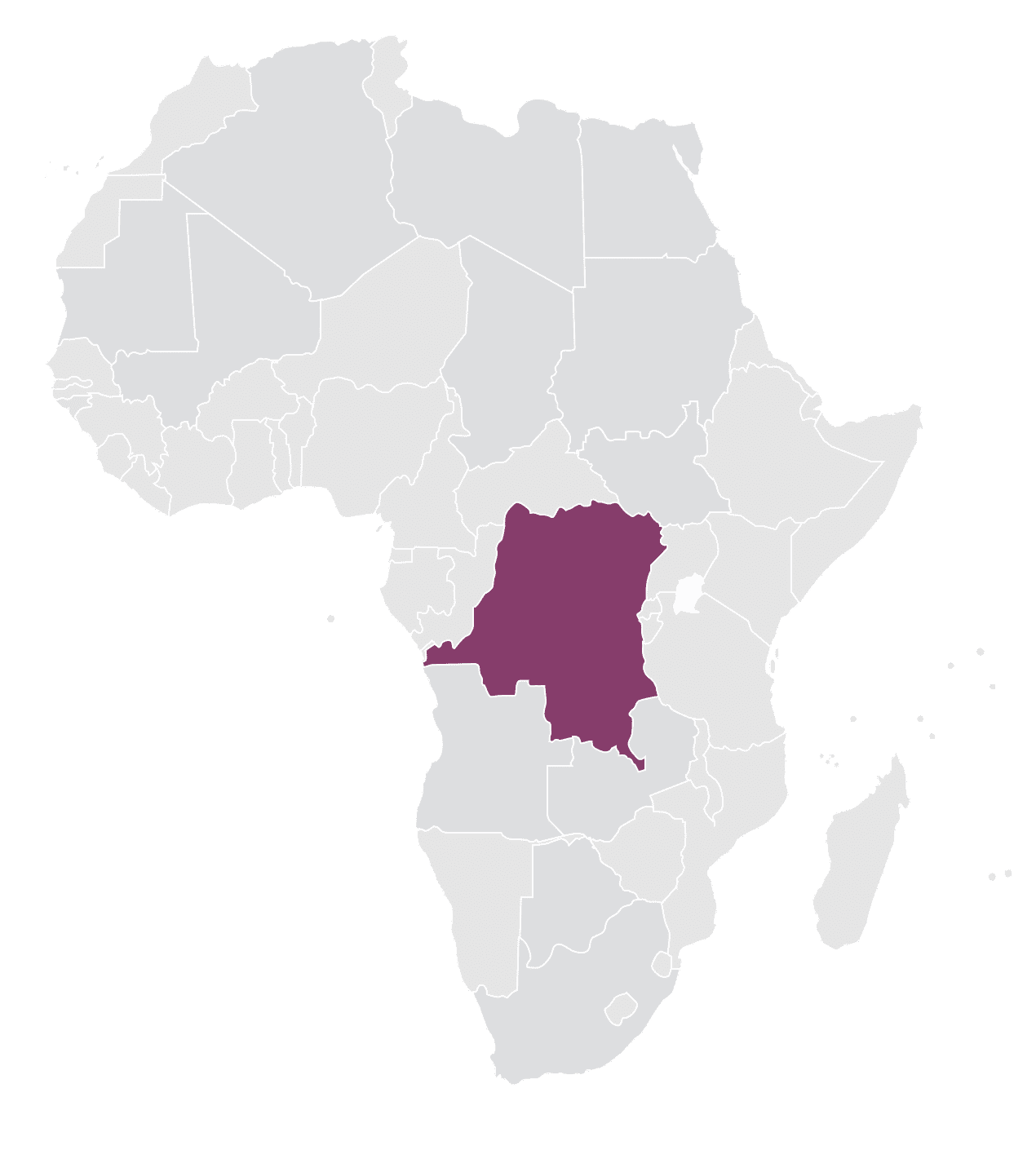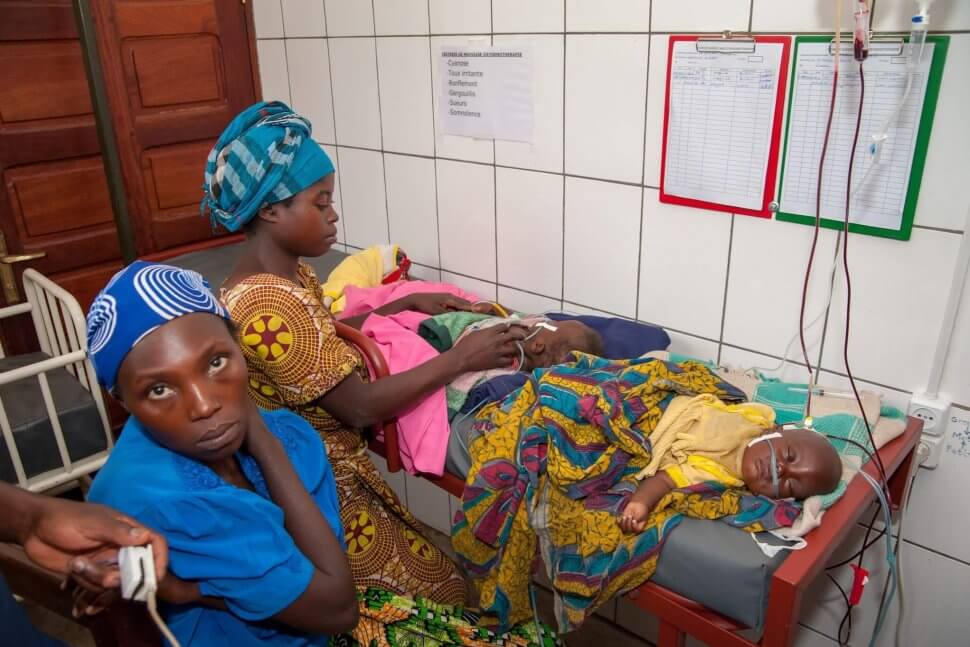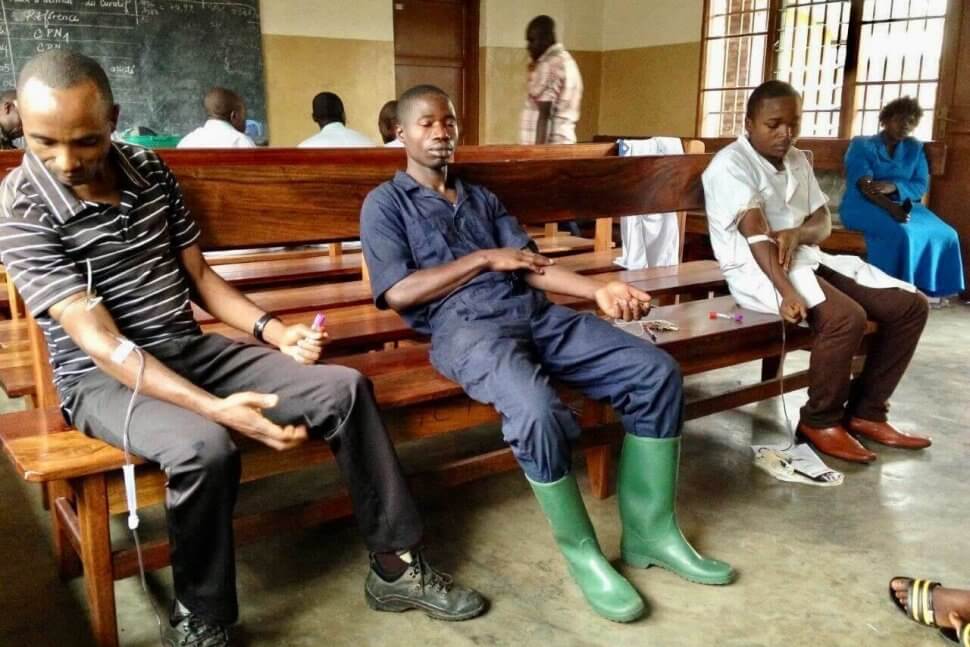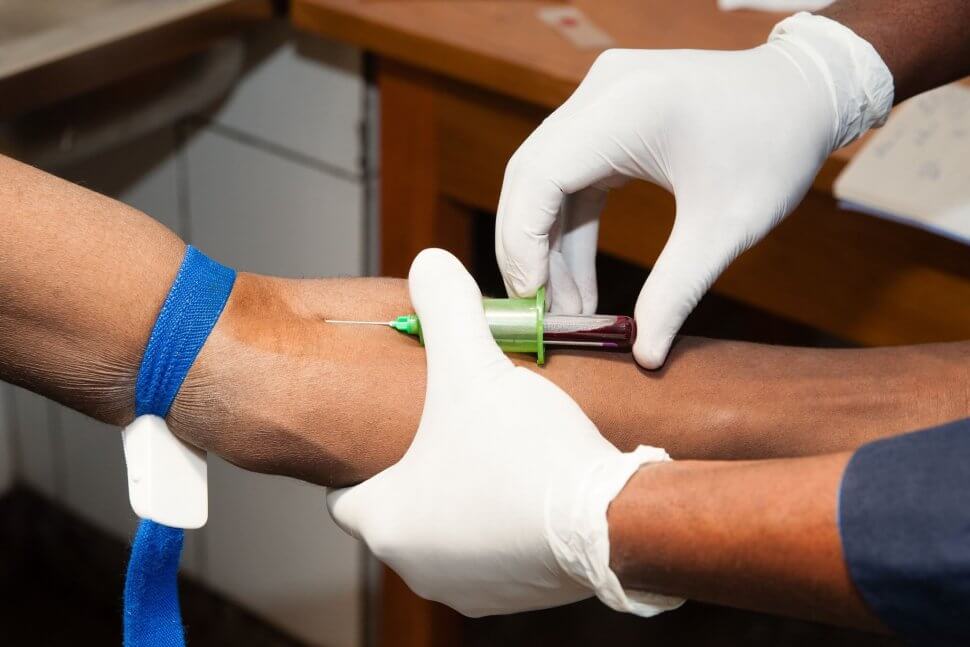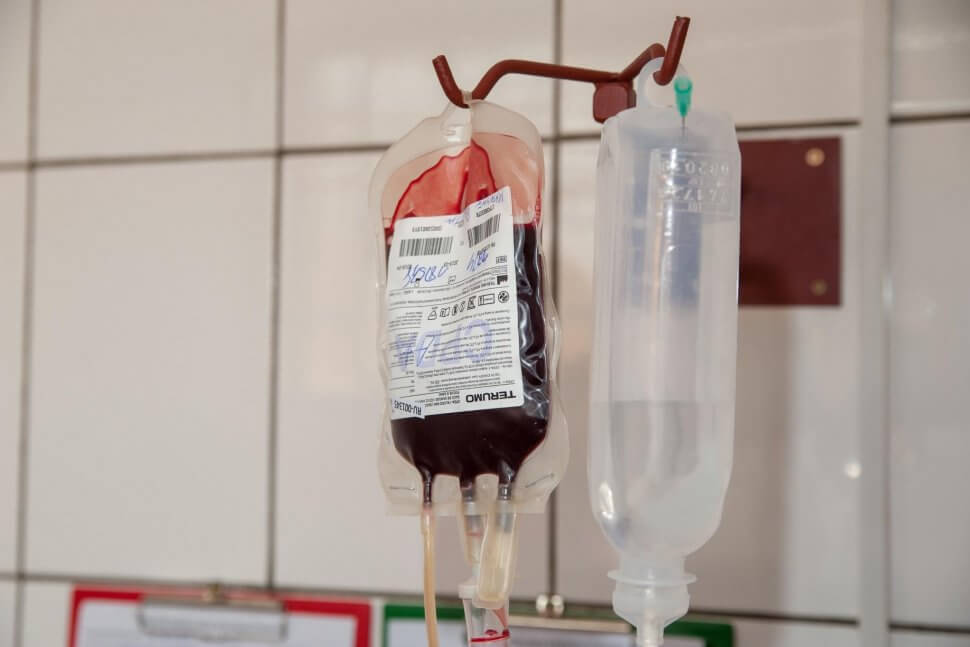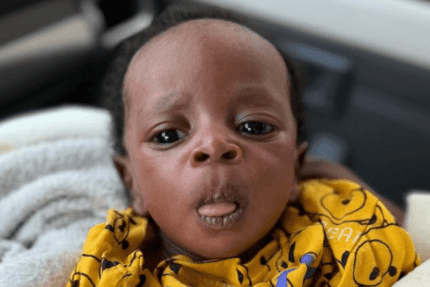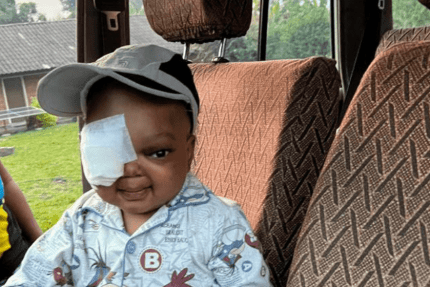“We don’t even have one bag of blood. If you find blood donors, we will prepare a few bags for you, but nothing more can be done”. “The response on the phone that day sounded like a death sentence. Like a bad dream.” Sister Agnes from Congo reports to us.
Due to the ebola epidemic in the north, all blood donations in the area have been stopped. And yet all the hospital staff had donated blood the previous month, senior students too. Residents were working in the fields. How are we supposed to find a dozen blood donors so that the hospital can function?
At the same moment, a kipoy – a local ambulance, that is, a stretcher with a patient, carried by several strong men – entered the hospital. There were a dozen or so of them, taking turns to keep up the pace. They brought us a patient with malaria and severe anaemia.
Transfusion necessary. Just at a time when there is not even a single bag of blood…
“I approached the men and started asking them to donate blood. What else was there to do? Out of 12 men, as many as 8 agreed! We quickly fed them to build up their strength and drove them to Rutshuru village where we could take blood. After a few hours, we returned with eight bags of groups 0, A and B. A stroke of luck that we managed to organise this so smoothly! And the most beautiful thing is that six men are still donating blood regularly today.”
In Ntamugenga, almost the entire hospital staff donates blood. Everyone who can, because people who work with the sick every day know best what a wonderful and life-saving medicine blood is. Nurses, doctors, even the cleaning staff – everyone understands that a drop of blood is worth its weight in gold in Ntamugenga. In the Democratic Republic of Congo, blood donation looks completely different from that in Poland. The costs of collecting blood, transporting it and storing it are borne by the facility which orders the blood. Each time, this is an expense of up to USD 20 for the hospital.
It is not easy to find blood donors either. A large part of the population struggles with malnutrition, anaemia and a whole host of chronic diseases that affect blood quality.
Today is World Blood Donor Day. Donating just one unit of blood can save the lives of up to three patients, and we are fighting for every drop. For example, children in the acute phase of malaria need blood for transfusions. For them, a lack of blood means death.
There has been fighting again in North Kivu recently. The hospital is receiving more and more casualties. Victims of gunshots and explosions urgently need life-saving transfusions.
You can save someone’s life today. Donate a bag of lifesaving blood.
